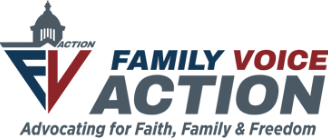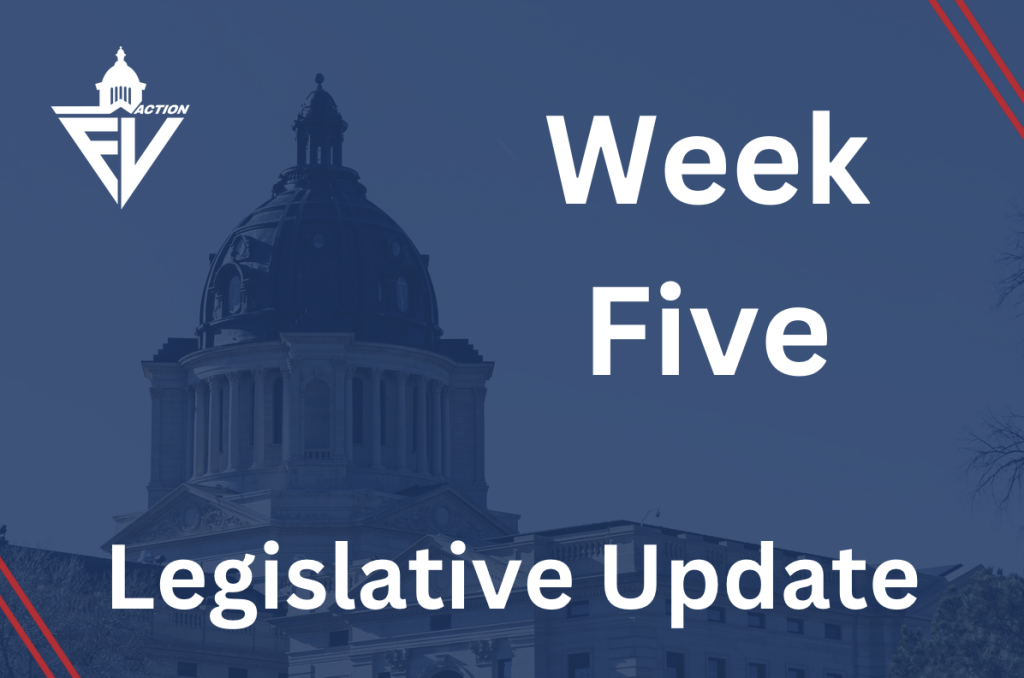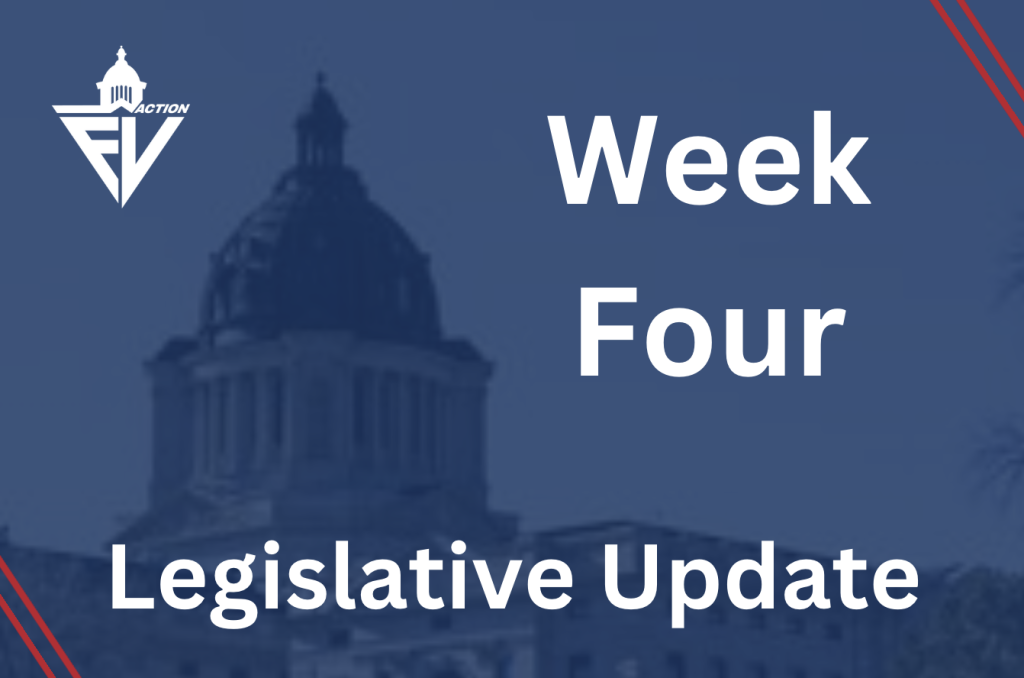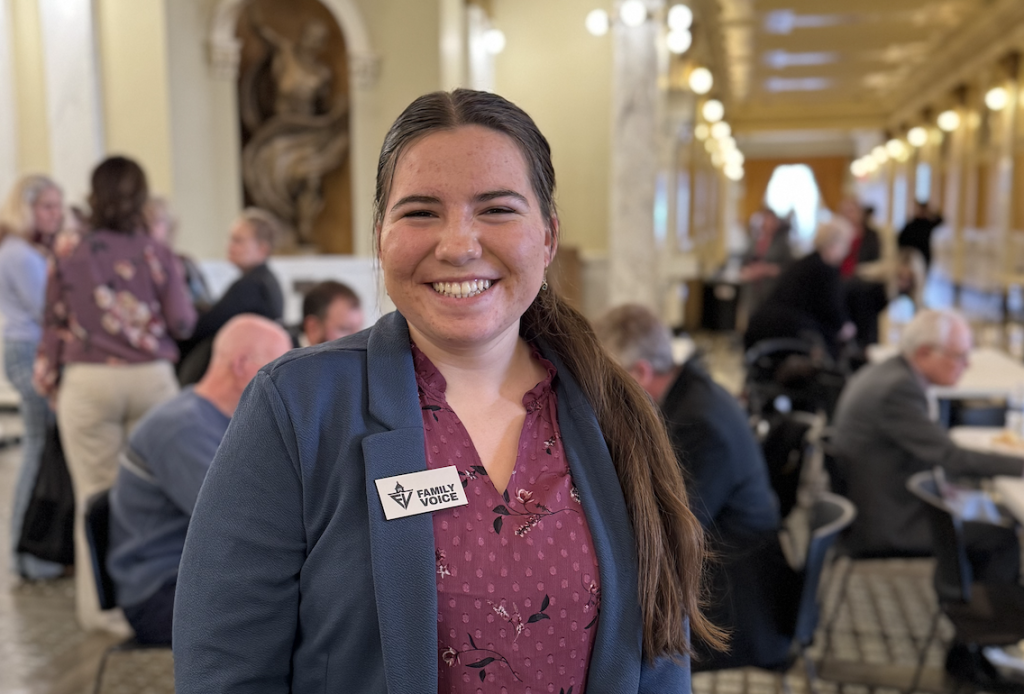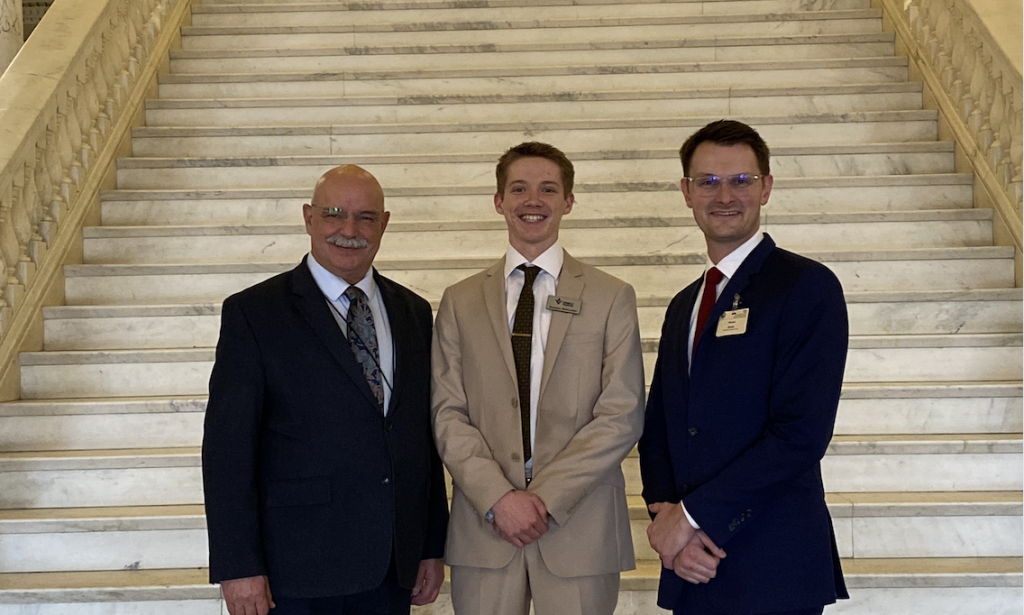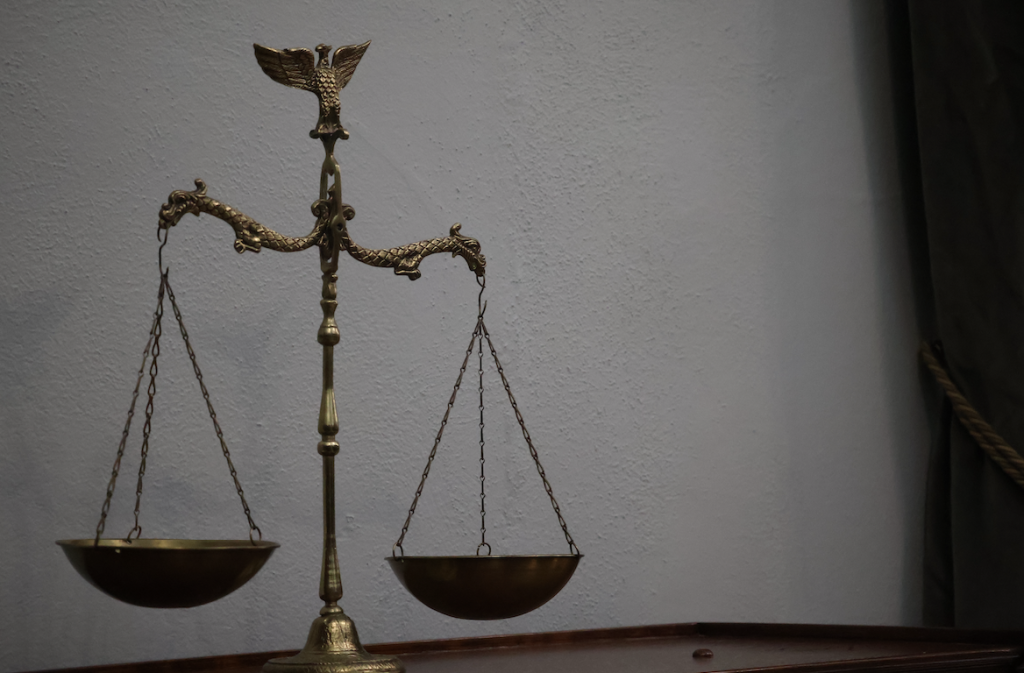Over the past five years, we put a stop to nine different gambling expansion attempts in South Dakota. We know the gambling industry is profiting off the backs of addicts, destroying lives and families in its wake. We have no intention of seeing this harmful industry spread in our state. Despite their consistent losses in the legislature, the gambling lobby is at it again, attempting to expand video lottery betting limits in the 2024 legislative session.
Between July and December of 2023, the video lottery industry had an income of $135.83 million – that’s how much people lost to the machines in just six months. Unsatisfied with this level of revenue and the growth since COVID lockdowns, which far surpassed their previous rates, lottery executives are on the hunt for ways to increase revenue in 2024. They have three bill ideas for the upcoming session:
- expand the number of lottery machines a casino or licensed business can have on the premise from 10 to 15,
- increase the video lottery bet limit from $2 to $5 and open a statewide progressive jackpot up to $25,000,
- OR increase the bet limit from $2 to $4
We know that a significant amount of casino revenue comes from those with a problem. Many estimate the amount generated by addicts is near half of the industry’s total revenue. Considering that the gambling industry has a collective annual revenue of over $329 billion, this is no small matter.
There are two main reasons why the increases in bet limits and win potentials would be harmful to the problem gambler:
A recreational gambler has a budget, whereas a problem gambler does not.
A recreational gambler does not necessarily care if they are spending their money $2 at a time or $5 at a time, because they are only planning to spend their budgeted amount. A problem gambler however, doesn’t go in with a budget or a stopping point. They will spend their hard-earned money faster as they dig themselves deeper.
A recreational gambler is betting for recreational enjoyment, a problem gambler is “chasing their losses.”
A recreational gambler (with the budget mentioned above) is simply wanting the experience and enjoys spending a few dollars on a machine. The problem gambler, however, is chasing their losses. They are trying to win back their money and cancel their debts (the average debt for an addict is estimated to be $64k). An increased win potential won’t affect the recreational gambler in a significant way, but it will be more enticing to an addict who is trying to dig themselves out.
Problem gamblers in South Dakota should concern us. They harm not only themselves through their addiction, but countless others. “Problems with gambling can lead to bankruptcy, crime, domestic abuse, and even suicide. A single bankruptcy could potentially impact 17 people. The National Council on Problem Gambling estimates that gambling addictions cost the U.S. $6.7 billion annually, and some experts believe that cost could be even higher,” a research paper from Auburn University explains. (emphasis added)
The gambling industry is asking for more, but we must clearly point out the true cost of these profits.
